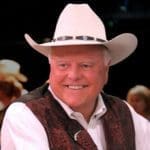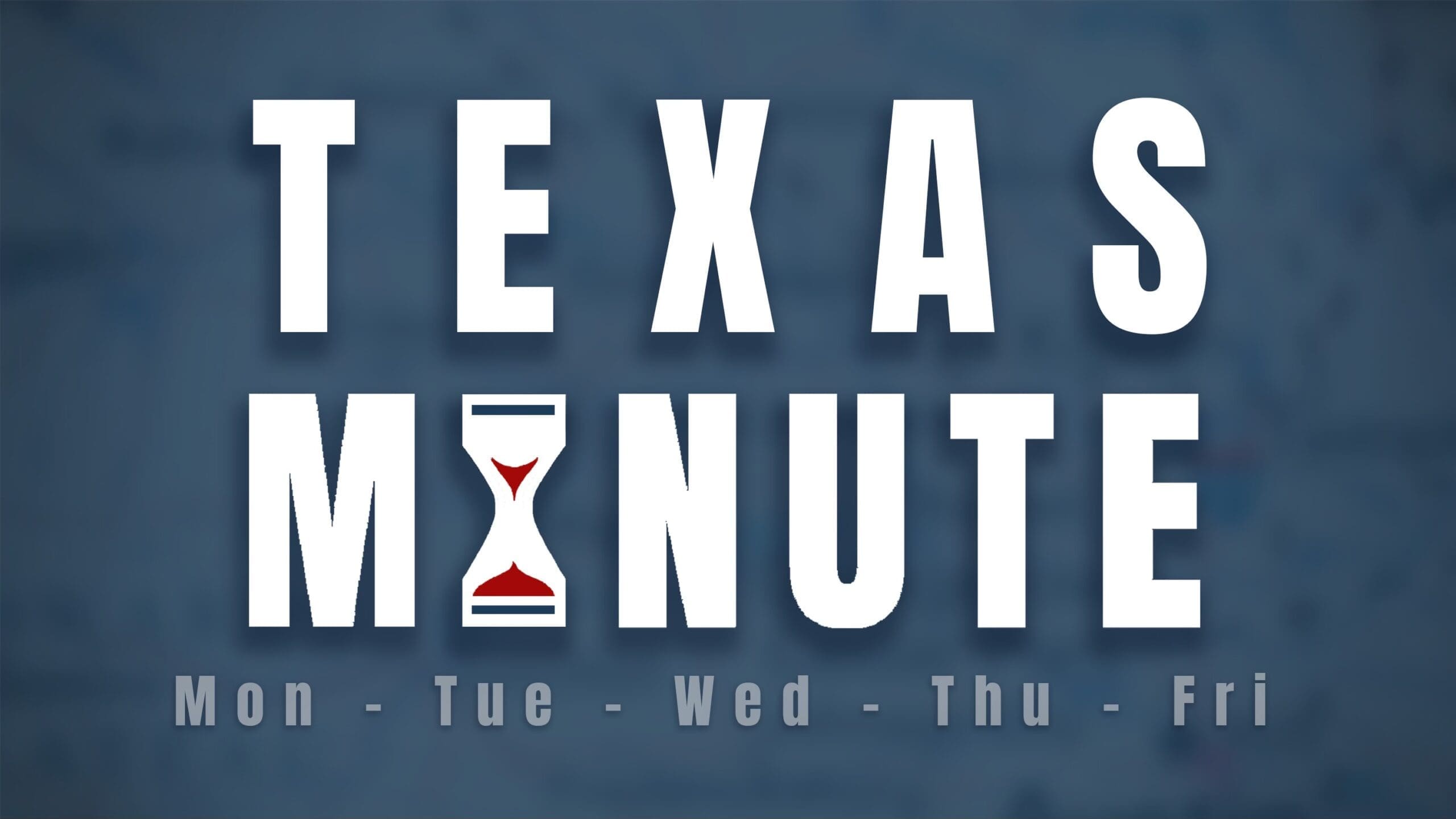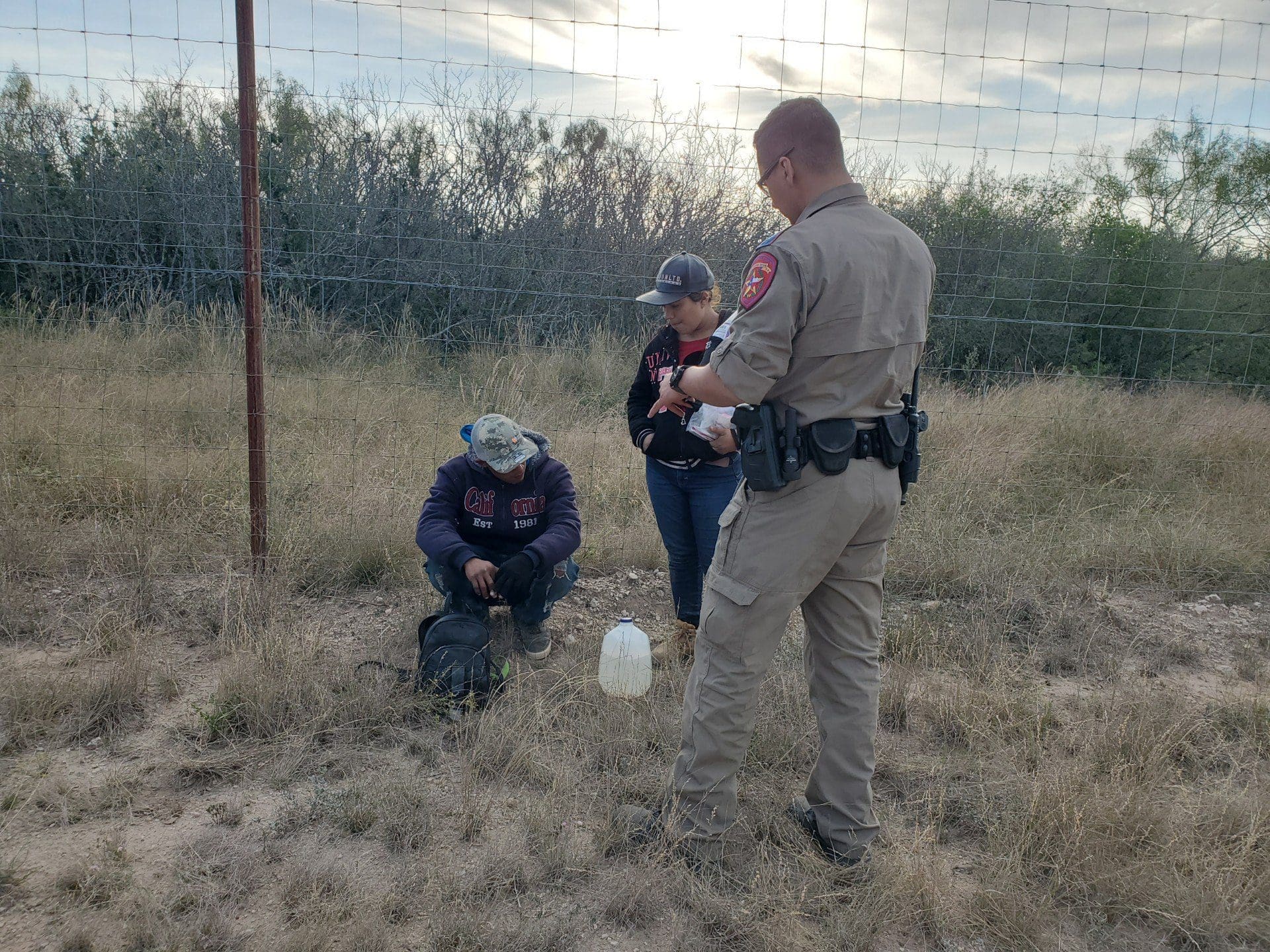Do you know when your local city council elections are? How about your local school board elections? What about elections for MUD districts? Water districts? Hospital districts? Your community college board?
The fact is that most Texans don’t know when these important boards hold their elections — that’s why turnout for most of them is pitiful. It’s tough to run campaigns for these positions, even when you have good candidates running and committing to public service.
And who benefits from low voter turnout? It’s usually special interests who don’t like public scrutiny or accountability. As a former school board member, I know how important these jobs are and how their decisions can impact future generations of Texans.
Another issue we have is when there is TOO MUCH on the ballot.
When we elect our president or our governor in even-numbered years, we have lots of other races on those ballots, including federal offices, state offices, judicial offices, and county offices. When a city or school district elects its leadership in those elections, they often get ignored and too many Texans make uninformed choices.
Here’s a simple remedy that could help in a number of ways: Elect federal, state, judicial, and county offices in even-numbered years (as we now do), and elect everything else in November of odd-numbered years to coincide with our constitutional amendment elections. Simplicity is the remedy.
Requiring all other political subdivisions to adhere to this schedule would provide benefits on a number of fronts.
First, voter participation will increase as voters become accustomed to the new schedule, allowing folks to focus on the candidates and issues that are often ignored. Currently, turnout for Constitutional amendment elections in November of odd-numbered years is dismal in most of the state.
Second, taxpayers benefit by having these elections move to the same day as the customary constitutional amendment election, for which the state is already footing the bill. That allows cities and school districts to spend less on running elections and focus their funds on filling potholes or classroom instruction.
Third, it will be easier for candidates for these smaller offices to have their voices heard in November of odd-numbered years, since they won’t be competing against the millions of dollars that are usually spent in congressional and state legislative races.
Fourth, voters are less likely to suffer from voter fatigue. Sometimes it feels like as soon as one election ends, the next begins. This new system would give citizens some welcome breaks from politics and campaign rhetoric.
Finally, rural voters would benefit as they often struggle with limited polling places and limited hours during early voting. Long drives and limited polling options mean less participation.
The City of Houston has operated under this model for decades and, by and large, it seems to work well, but even Harris County could benefit. Many municipalities and school district elections in Harris County are still held in even-numbered years. As a result, the 2022 election results summary for Harris County was 90 pages long! Moving many of those elections to odd-numbered years will help both candidates and voters.
As Texans, we can do elections better and more simply. Every public office should be given the attention it deserves. Let’s make our elections process easier by going with an election schedule and calendar that honors every race at every level.
This is a commentary published with the author’s permission. If you wish to submit a commentary to Texas Scorecard, please submit your article to submission@texasscorecard.com.





